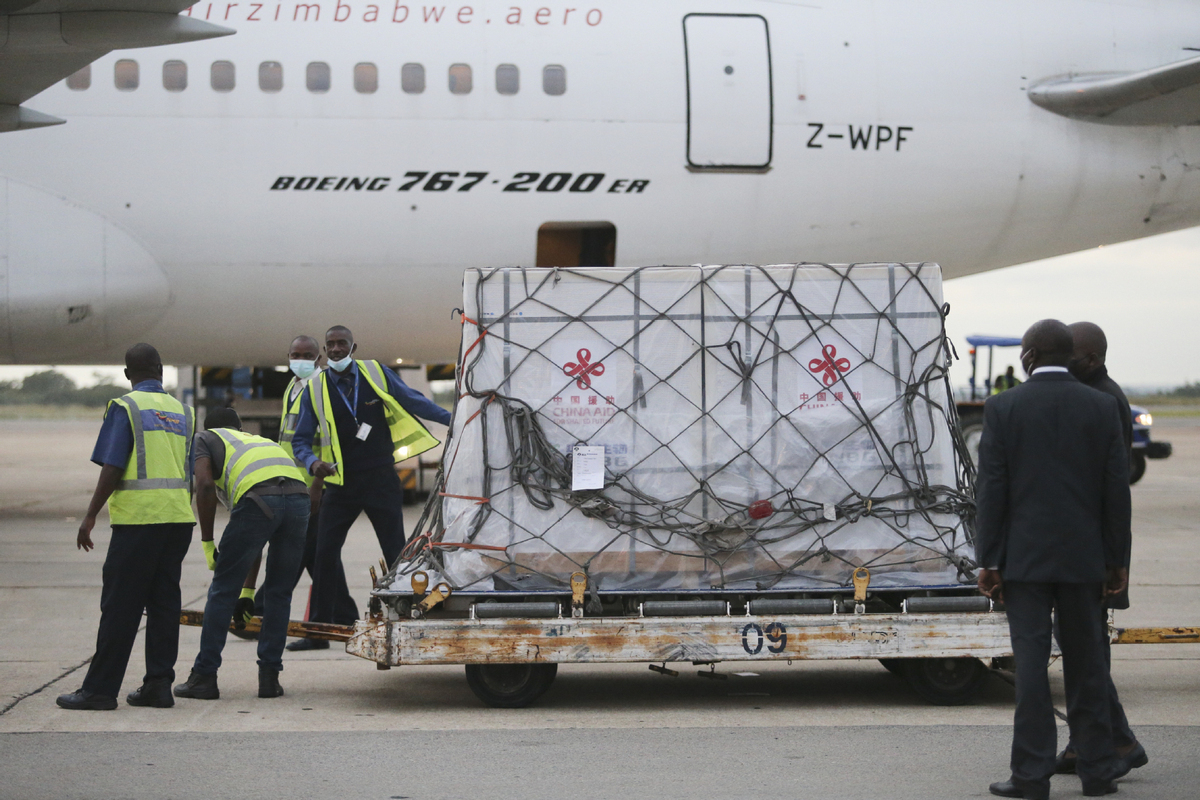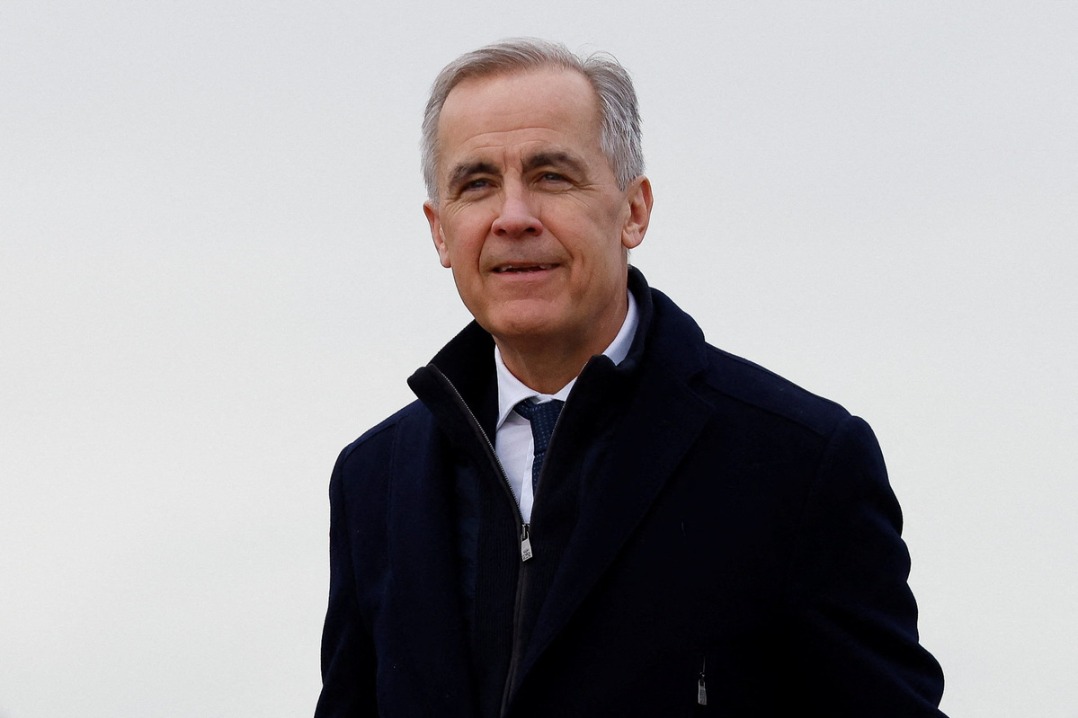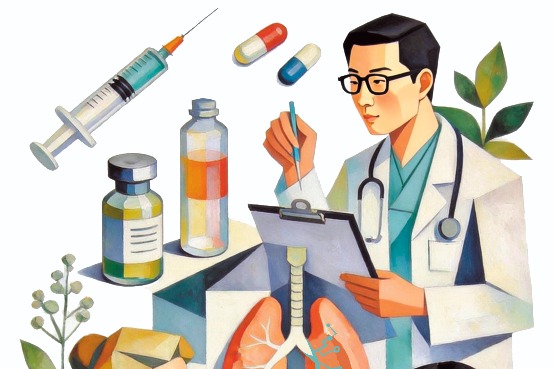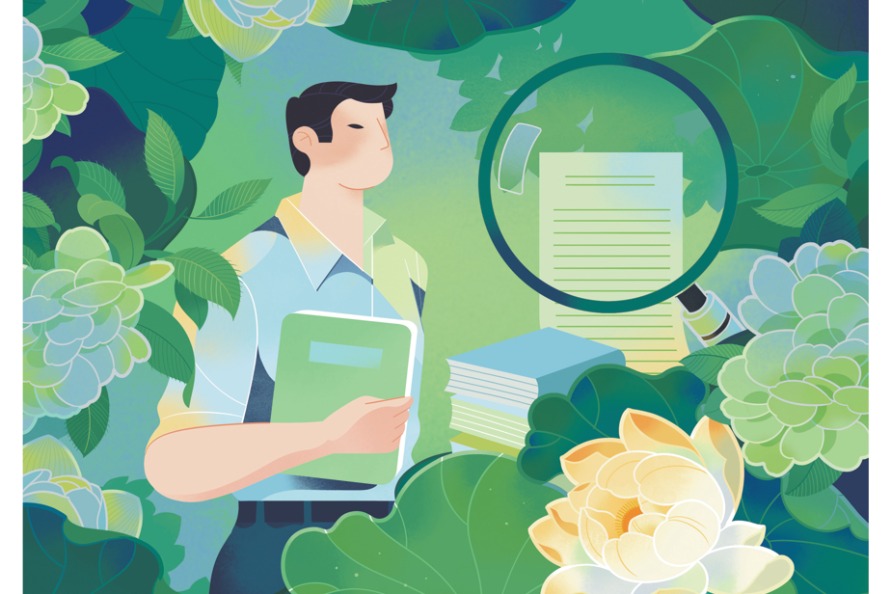Claims of 'vaccine diplomacy' absurd: China Daily editorial


With the COVID-19 pandemic still raging in many parts of the world, people have pinned their hopes on the vaccines enabling life to return to normal at the earliest date.
Thus China's pledge to make its COVID-19 vaccines a global public good and the actions it has taken for that purpose should have been welcomed wholeheartedly. Yet that has proved not to be the case.
Although the country has provided 10 million doses to the global vaccine sharing initiative COVAX to meet the needs of developing countries, and exported or offered "vaccine aid" supplies to dozens of countries in need, it has been accused by the West of engaging in "vaccine diplomacy" in an attempt to extend its influence around the world. This is too far-fetched and nasty.
The truth is, "we are doing humanitarian work. Unlike some countries which are hoarding the vaccines for their own interests, we want to see more people immunized. Our hope is for the world to beat the pandemic as soon as possible", State Councilor and Foreign Minister Wang Yi said in a joint news conference with visiting Russian Foreign Minister Sergei Lavrov on Tuesday.
What China has done reflects a sense of mission for humanity, for it knows that in the face of this common enemy of humankind, all nations must work together to speed up the safe development and manufacturing of vaccines, and guarantee fair and equitable access. For as UN Secretary-General Antonio Guterres has said, "In an interconnected world, none of us is safe until all of us are safe."
To fulfill its pledge to help build widespread immunity to COVID-19, China has so far administered more than 100 million doses of vaccines at home and abroad, underscoring its role as a major responsible country that contributes to the global fight against the pandemic.
This is in sharp contrast with some Western countries which have basically failed in their duty in the united global response to COVID-19.
According to a report published recently by ONE Campaign, a nonprofit organization that fights extreme poverty and preventable disease, the United States, the European Union, the United Kingdom, Australia, Canada and Japan have already signed agreements for more than 3 billion doses, which is over a billion more than what is needed for their combined populations to receive two jabs.
This has accentuated the deplorable fact that 130 developing and least-developed countries have yet to receive a single dose, in what the UN chief described as "wildly uneven and unfair" distribution of vaccines.
Rather than practicing "vaccine nationalism", the West should act in a responsible manner to help narrow the global "vaccine divide".


































